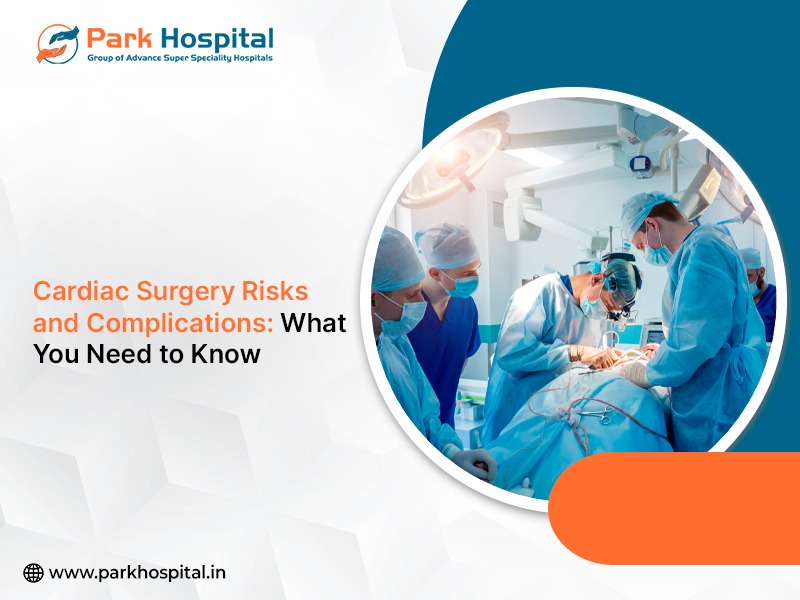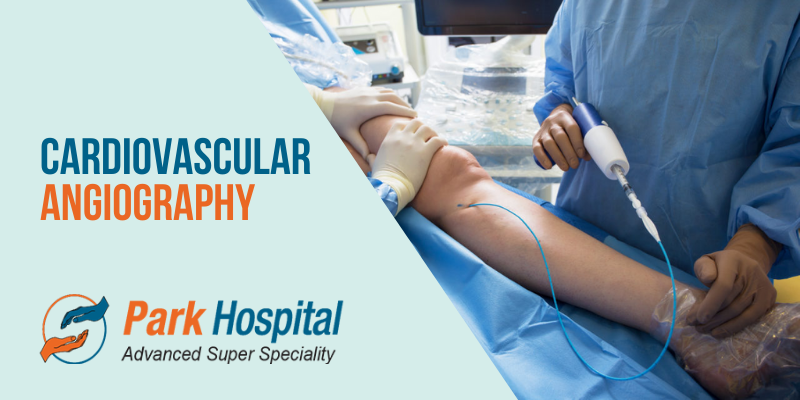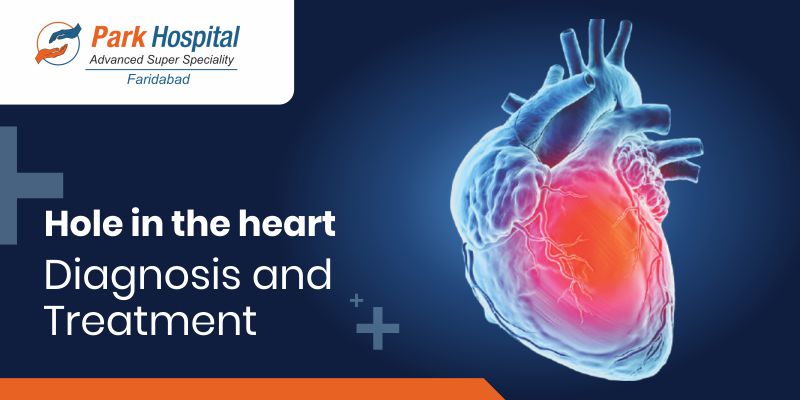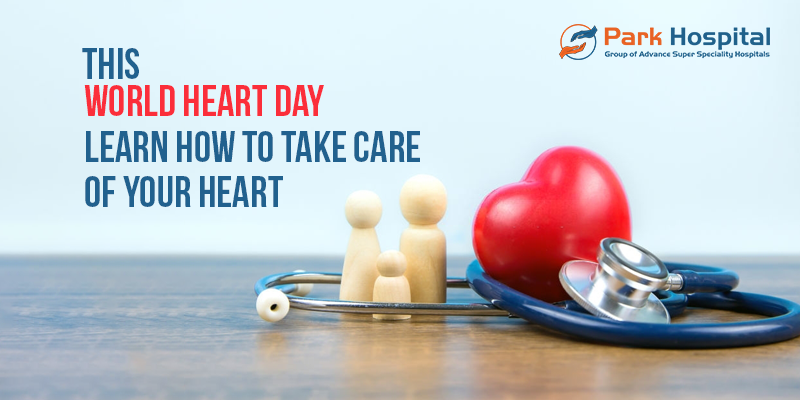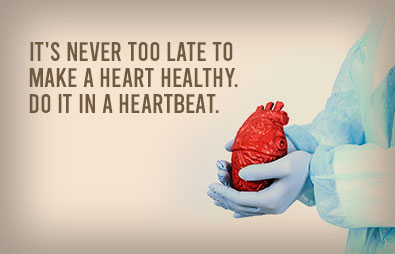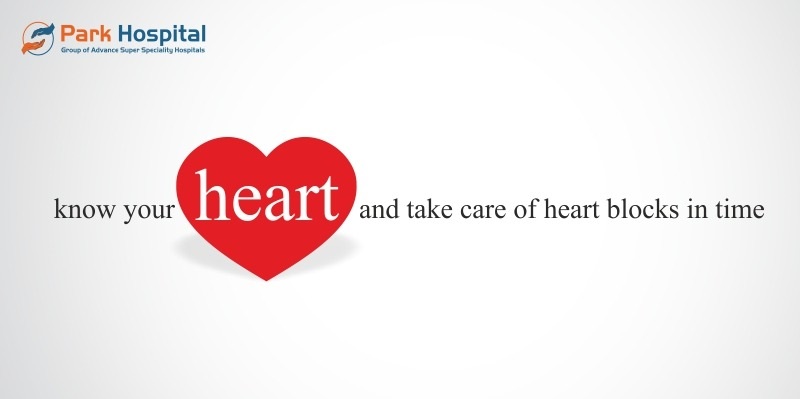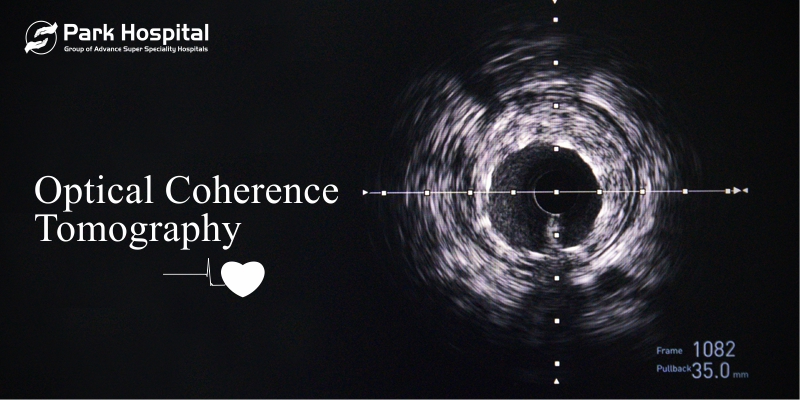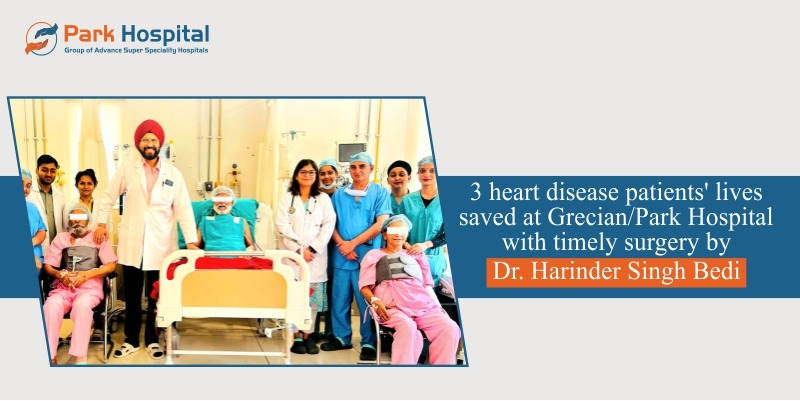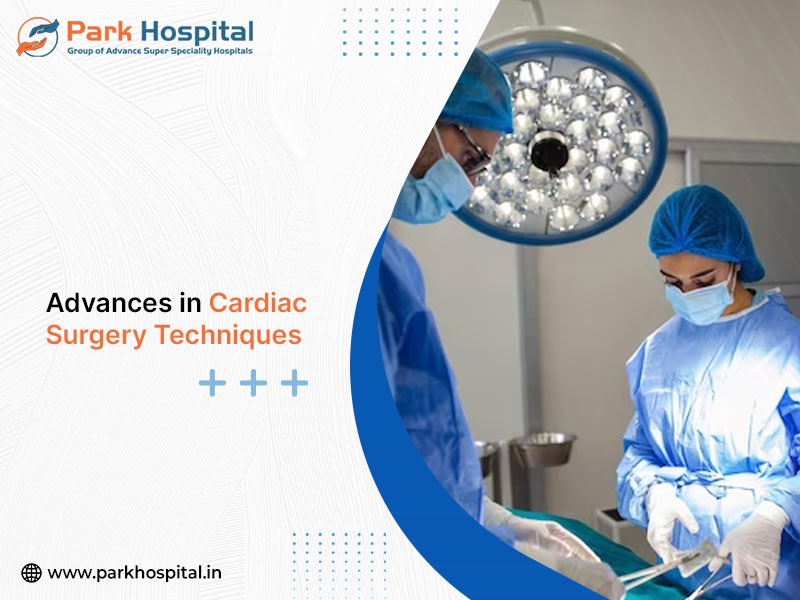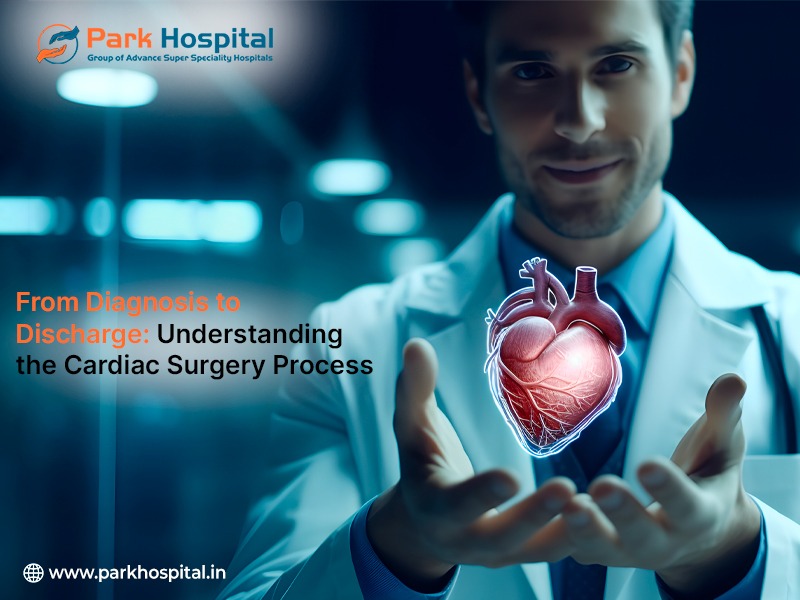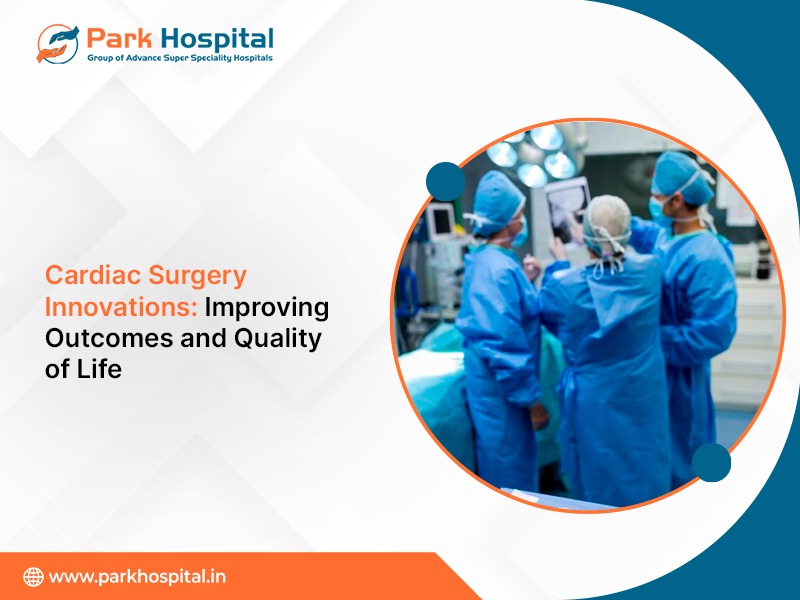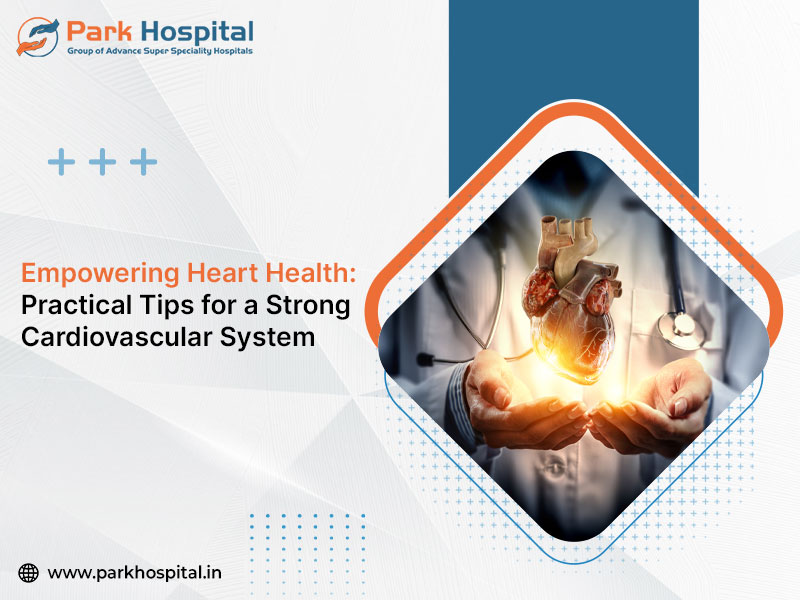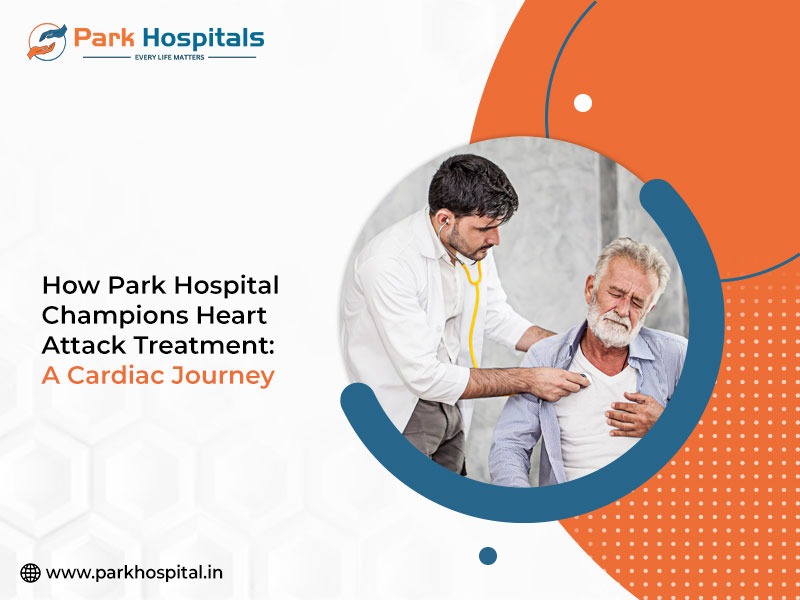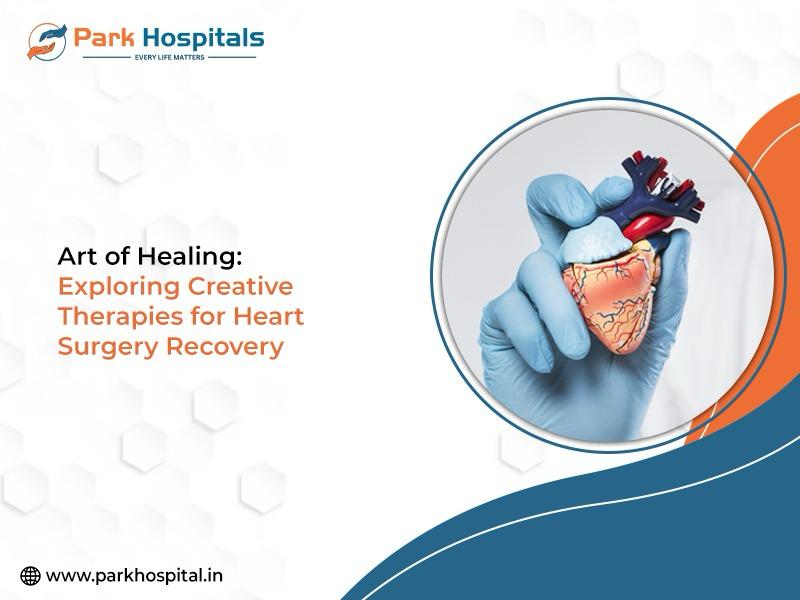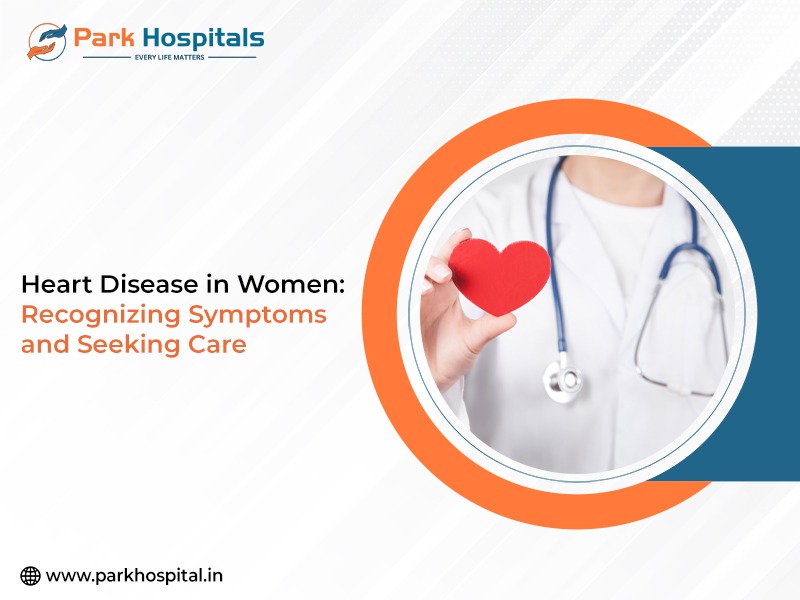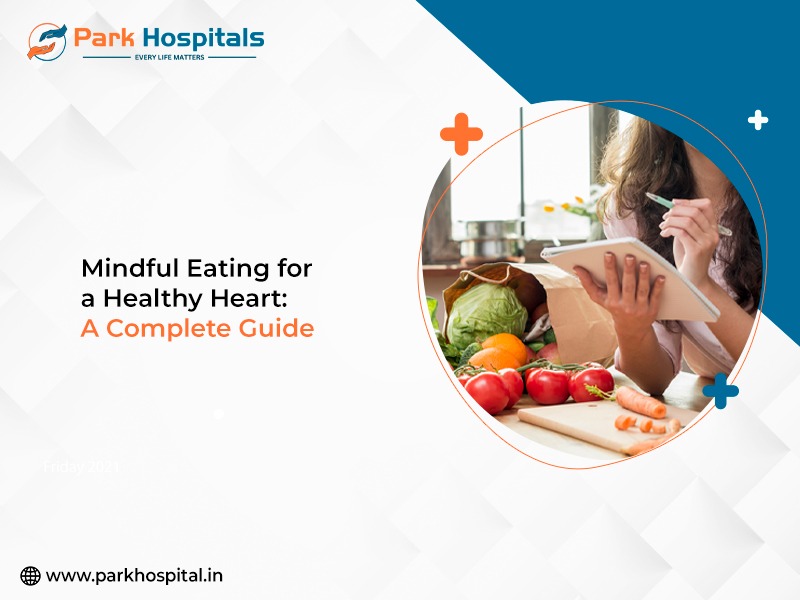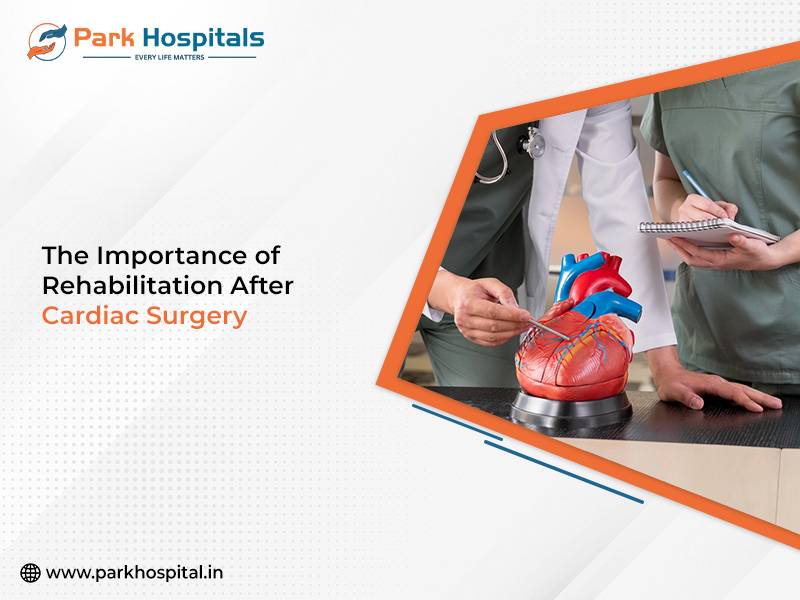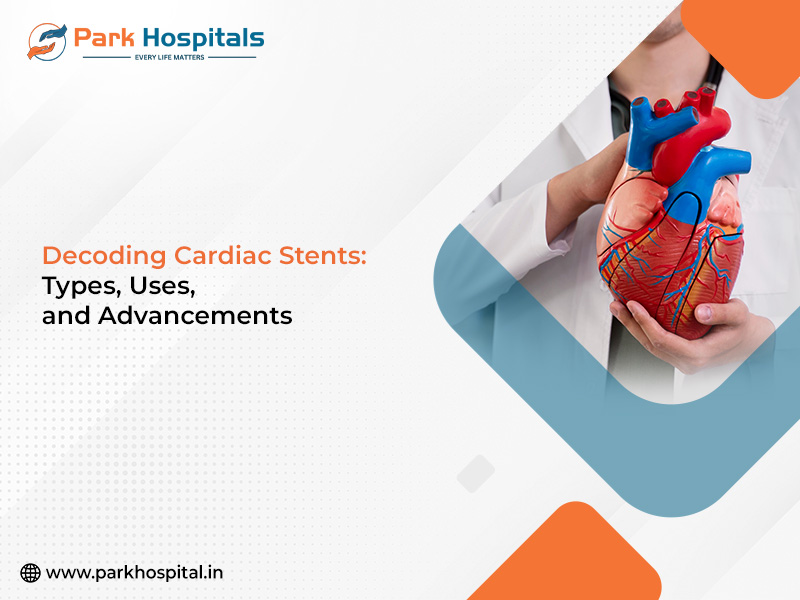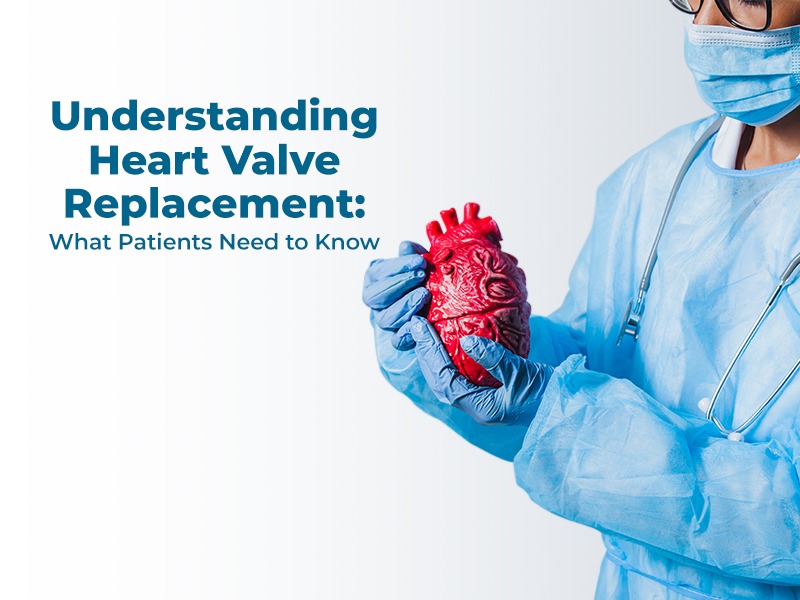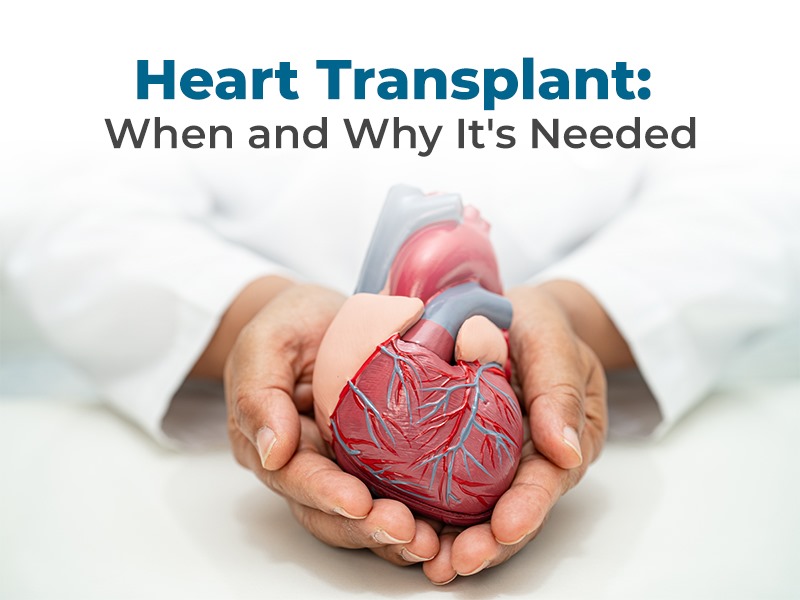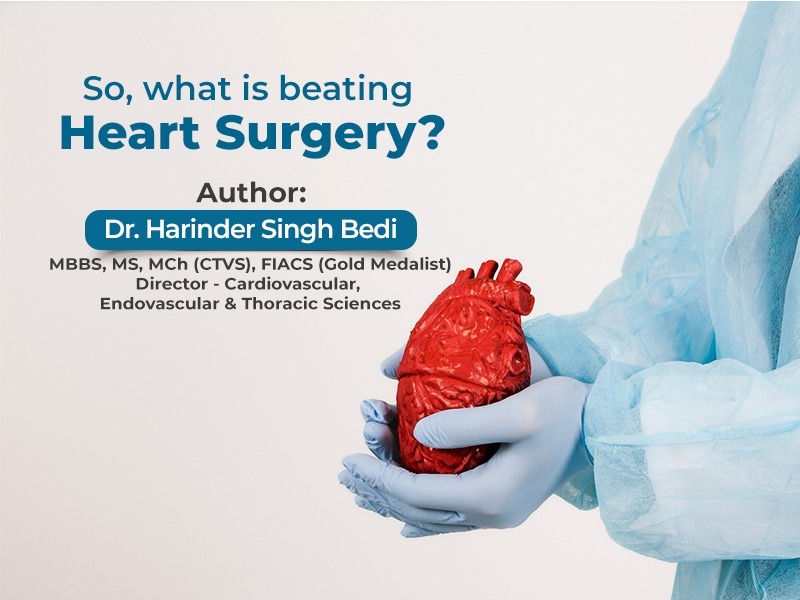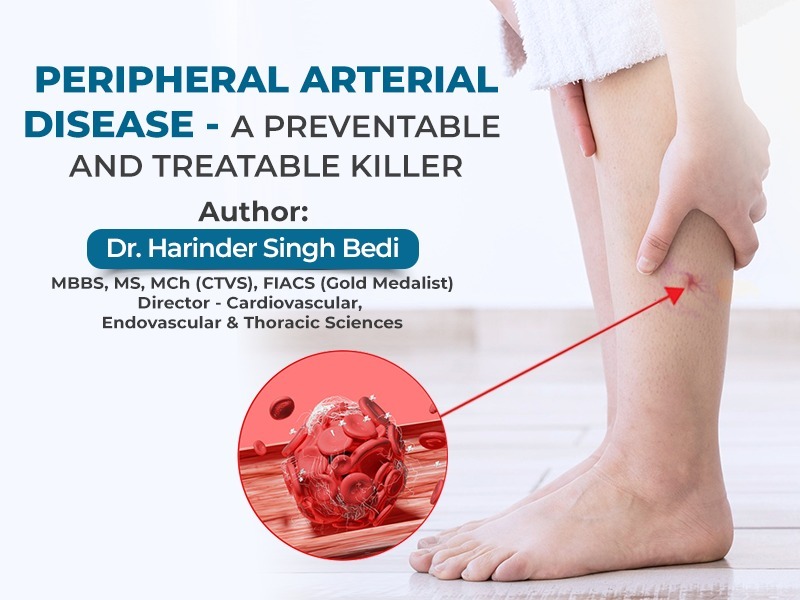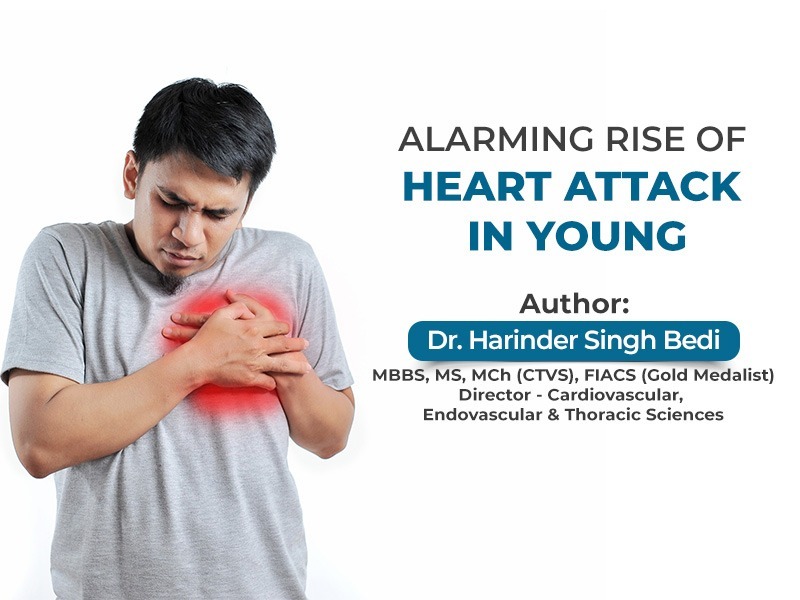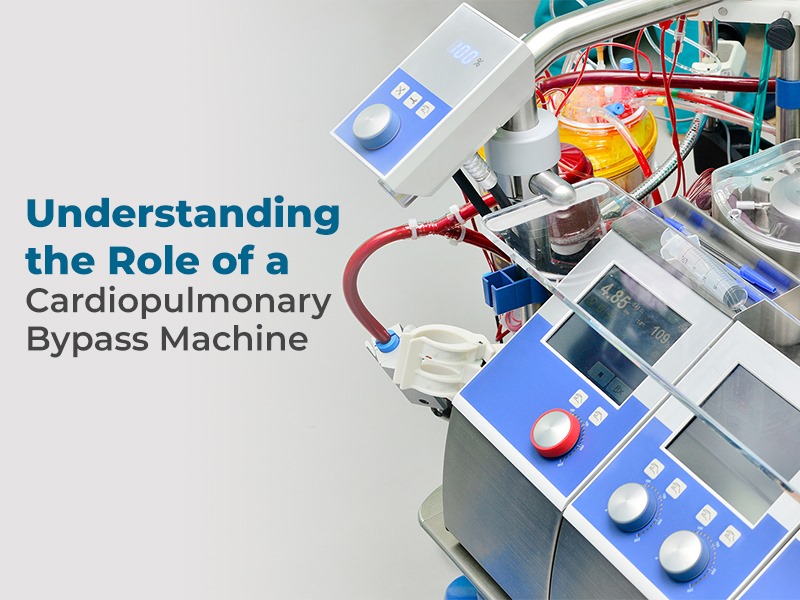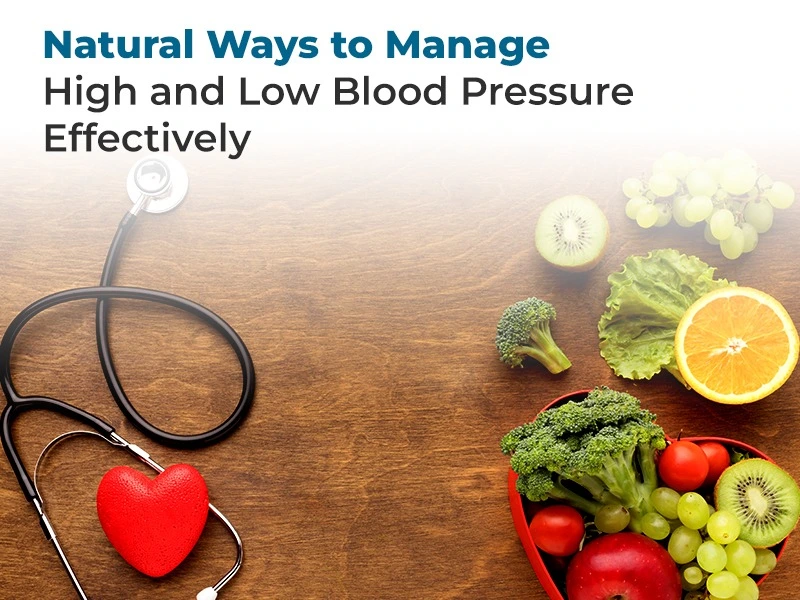Cardiac Surgery Risks and Complications: What You Need to Know
The cardiac surgery process is still highly stigmatised even today, and regardless of the technological advancements that occur across the world, patients who experience recurrent cardiac problems are still highly conservative about heart surgery. One of the missing areas of India's healthcare system has been the lack of sanitary conditions and the reduced focus on technological implementation.
Although cardiac surgery is life-saving in various ways, it involves certain risks and complications, such as peripheral infections or even excessive bleeding at times. As the age-old adage goes, knowledge is the first step towards prevention. There needs to be inherent knowledge about these before there can be a cure. Widely recognised as India’s leading cardiac surgery hospital, Park Hospital has a distinct set of rules and regulations to ensure careful treatment of each patient.
Common Risks and Complications Amidst Cardiac Surgeries:
No matter how well-acclaimed a cardiac surgery hospital is, there is always room for certain problems and complications. However, in regards to cardiac sciences, these complications can often cause some degree of side problems, such as:
- Infections: Infections can occur at either the operated body part or sometimes on the chest cavity. While this occurs mainly due to the transfusion of blood, strict adherence to safety procedures and setting up syringe guidelines can be a proper way of ensuring this does not occur. Widely regarded as one of the leading cardiac surgery hospitals in Gurugram Park, hospitals place a great emphasis on their procedures to minimise infections.
- Bleeding: During cardiac procedures, there is often a risk of bleeding and excessive blood loss. While the risk is different and the cure is the same, cardiologists should strive to implement minimally invasive surgeries on the patient to reduce the loss of blood and tissue damage. At Park Hospital, some of India's leading interventional radiologists perform surgeries with cutting-edge equipment to reduce damage to the patient.
- Blood clots: Blood clots refers to the formation of blood clots within the veins or the lungs this is often a concern because blood clots prevent blood flow significantly. While blood thinners are often dispensed by cardiologists to reduce this, At Park Hospital, we use minimally invasive surgery to eliminate this problem.
- Stroke: a lot of cardiac procedures that revolve around the blood vessels carry an intrinsic sense of heart strokes and heart attacks while their strokes tend to be difficult to predict and certain steps can be taken during by certified a Cardiac surgery hospital to reduce these.
- Arrythimaia: Intense cardiac surgeries can often render the patient subject to a disrupted heart rhythm and lead to an arrhythmia diagnosis. This often prompts other medical interventions and techniques to treat this condition.
- Breathing complications: There can be various complications in the aftermath of a cardiac surgery, like pneumonia and even atelectasis, that could occur due to an unsafe cardiac treatment. Although this risk seems extreme, it can be mitigated by breathing exercises and early mobilization.
- Side-effects of anaesthesia: While this does not happen very often, certain patients undergo an extreme and adverse reaction to anaesthesia application. This is precisely why some of the leading cardiac surgery hospitals in Gurugram offer assistance from elderly anesthesiologists. This helps conduct and regulate efficient treatments while maintaining a sense of patient well-being.
Factors That Determine Cardiac Surgery Complications
Age: The age of the patient plays a vital role in determining the severity of the medical operation. Patients over the age of 55 often experience more complications than others
Overall health: the stability of the immune system is a vital indicator of how well and properly the body will evolve. If the patient has been subjected to serious medical conditions, they will face more problems and complications than others. At Park Hospital, we place a special degree of emphasis on the patients' well-being.
Types of surgery: The type of surgery that has been conducted is also important in understanding whether or not the patient will face complications or not. Minimally invasive surgeries carry fewer risks than traditional open surgeries.
Conclusion:
Since 1982, Park Hospitals has provided different cutting-edge medical treatments to each of their multiple patients, providing high-quality treatment in more than 10 different Indian cities. Park Hospital has a highly distinguishable cath lab, rotablator, intravascular ultrasound imaging resonance, and even fractional flow reserve machines that are all designed to specifically provide accurate diagnosis and unerring treatment.

